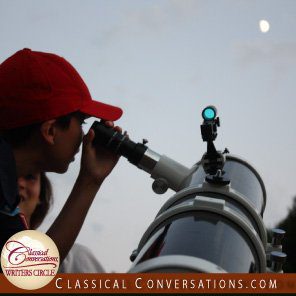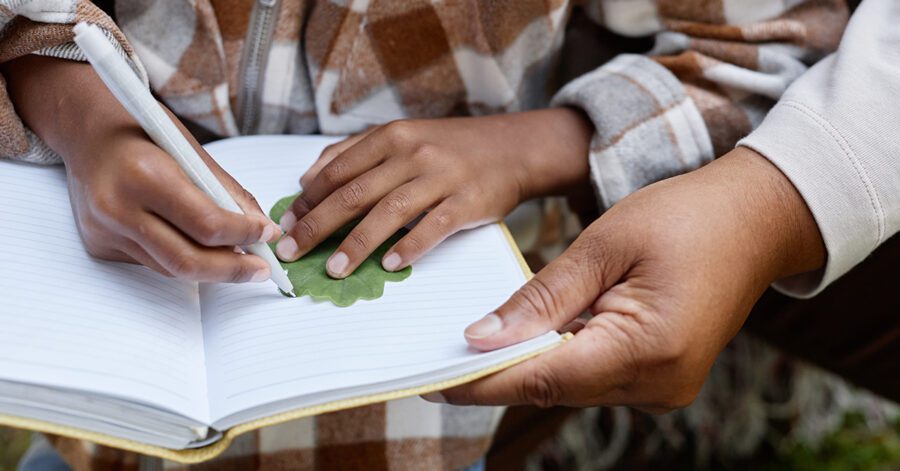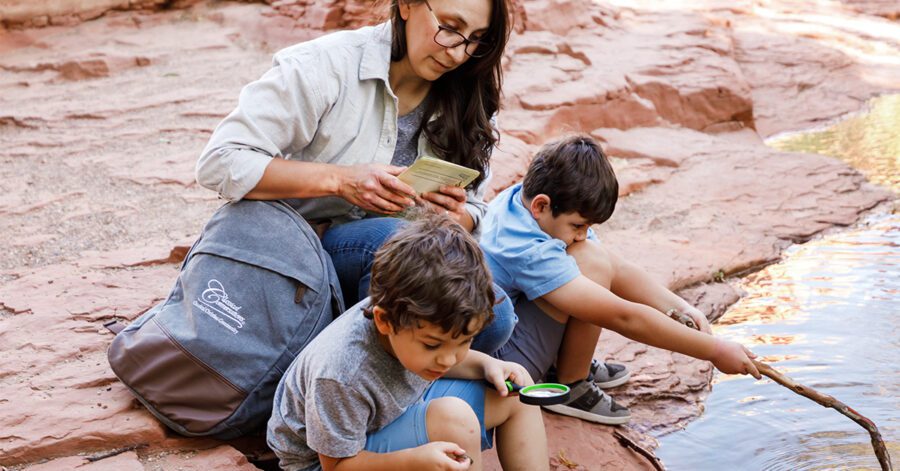What do you believe about children and learning? In any learning environment we consider—public, private, or home school—some children seem to enjoy learning while others seem to be bored or frustrated by it. Parents and teachers will go to great lengths to make learning fun, enticing children to enjoy learning. They might even attempt to bribe the child into learning with prizes, gifts, or payments. Some people believe children are born with either a natural affinity or aversion to learning. Others believe they are born with a desire to learn and are nurtured into the aversion to learning. I want to propose that all children are born with a desire to learn (one that has to be trained out of them) for three reasons: historical precedence, nurture’s evidence, and nature’s demands.
Historical precedence is an argument by which I mean the observations of educators, academics, and thinkers of the past. Aristotle wrote, “All men by nature desire to know.” It is certainly possible that Aristotle was writing something that he believed to be true, yet was not. However, it is unlikely that in an age that produced so many great scholars, thinkers, writers, adventurers, discoverers, scientists, mathematicians, and artists, this observation could be false. Are we to believe that they just happened to give birth to more children with a natural affinity for learning than we produce today?
Nurture’s evidence is the idea that today’s model of education is one that nurtures, or trains, the natural desire to know right out of our children. By nature, children desire to know, and we take that love for learning away from them with our educational methods. It can be as simple as reducing learning to something you do because it is practical. If we reduce some of the things they learn to something they have to know to get a good job or be productive members of society, it will not be long before they conclude this is all learning is for. As soon as they encounter a subject or a lesson that has no obvious practical application, they will balk against learning it and we will not be far behind them in questioning it ourselves. It can get worse, however, when we mistakenly reduce learning to its practical benefits by connecting it—very early on—to a reward system. I learn this because I get candy or money for it. As they get older, they will make that connection not to candy they get immediately, but to the paycheck they will get as adults. Learning is once again reduced to the pragmatic.
Learning is more than something we do for its fiscal benefits. Learning is something we do for its own sake, its own end. Learning is something we do because it elevates our ability to think and understand on a higher, more mysterious plane. Learning is something we do because it aids in remaking us in the likeness of God, as we come to understand Him, His creation, His Word, His Church, His providence all the more.
Nature’s demands are those things that tell us how children like to learn and how we can nurture that natural affinity for learning rather than squelch it. Dorothy Sayers’ essay, “The Lost Tools of Learning,”[i] is an excellent example of what demands nature makes in a child. By nature, here, I am referring to the child’s nature. Sayers makes the connection between young children and the art of grammar, young teens and the art of dialectic, and teenagers and the art of rhetoric. Classical Conversations founder, Leigh Bortins, explains the connection in her book, Echo in Celebration. The better and more consistently we teach our children in accordance with their nature, using the art of grammar when they—by nature—enjoy it most, using the art of dialectic when they enjoy it most, and using the art of rhetoric when they enjoy it most, the less likely we are to squelch their natural desire for knowledge, the less likely we are to create in them an aversion to learning. Using the “lost tools of learning” that Sayers and now Classical Conversations are helping us to use, we encourage their natural desire for knowledge; these tools are to their natural curiosities what gasoline is to a blazing fire.
All children are born with a desire to learn (one that has to be trained out of them) as historical precedence, nurture’s evidence, and nature’s demands make clear. Today’s world needs adventurers, discoverers, writers, mathematicians, artists, and musicians such as the world before us knew. Classical Conversations and the tools of learning will encourage our children in their natural desire to know, and may just lead to a generation unlike any this world has seen in a very long time.
[i] You can read the full text of Sayers’ speech in Classical Christian Education Made Approachable.




